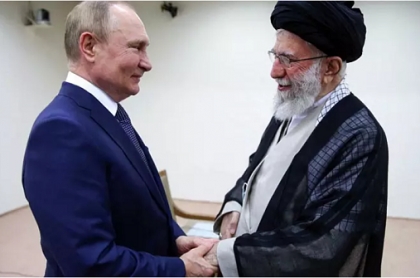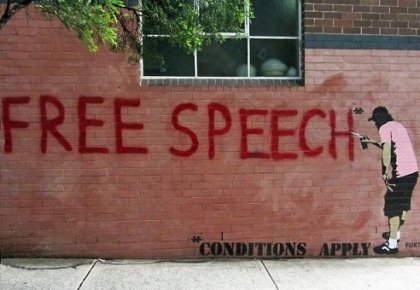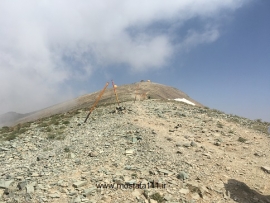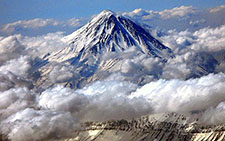
مطالب نویسنده (849)
فهرست مطالب
آخرین ویرایش در جمعه, 31 تیر 1401 ساعت 18:50
آخرین ویرایش در یکشنبه, 19 تیر 1401 ساعت 17:03
آخرین ویرایش در یکشنبه, 19 تیر 1401 ساعت 10:07
برچسبها
آخرین ویرایش در شنبه, 11 تیر 1401 ساعت 10:48























